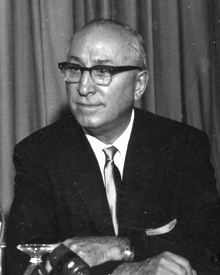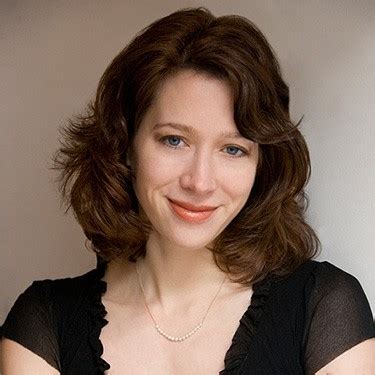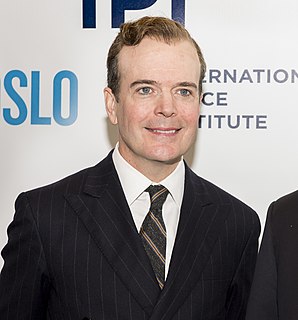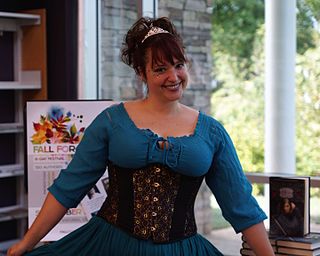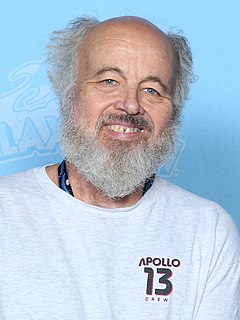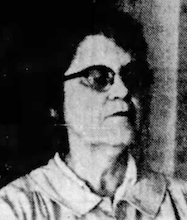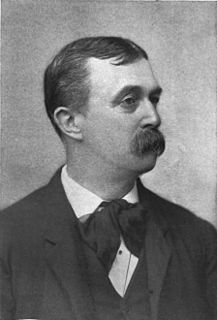A Quote by Frances Clarke Sayers
I think the number of books published by Mr. Disney has nothing to do with whether or not he is bringing literature to children. That judgment has got to be based on quality rather than quantity. It's the same old problem that continually plagues American culture. I would rather have children playing their own games out of doors in the sunlight than getting the misrepresentation of literature as given by Walt Disney.
Quote Topics
Related Quotes
The death of Walt Disney is a loss to all the people of the world. In everything he did, Walt had an intuitive way of reaching out and touching the hearts and mind of young and old alike. His entertainment was an international language.
For more than 40 years, people have looked to Walt Disney for the finest quality in family entertainment. There is no way to replace Walt Disney. He was an extraordinary man. Perhaps there will never be another like him… The world will always be a better place because Walt Disney was its master showman.
Walt Disney World is tribute to the philosophy and life of Walter Elias Disney... and to the talents, the dedication, and the loyalty of the entire Disney organization that made Walt Disney's dream come true. May Walt Disney World bring Joy and Inspiration and New Knowledge to all who come to this happy place... a Magic Kingdom where the young at heart of all ages can laugh and play and learn -- together.
What happened in the early days of Disney is that Walt Disney used all of the new technologies as they came out. When matting came out, they adopted it. They adopted sound and color and xerography. Walt did that. And then, when he died, people began to think that this is just about making films, so they stopped bringing in new technologies.
There's probably more of a struggle to get material and narratives published that really speak to black culture. And that has a lot to do with the mergers and buyouts and the corporations being more in control of the purse strings. We find that the projects have to come with higher expectations rather than books that just should be published. That's disturbing because we might find fewer and fewer children's books by African Americans or with black cultural themes.

